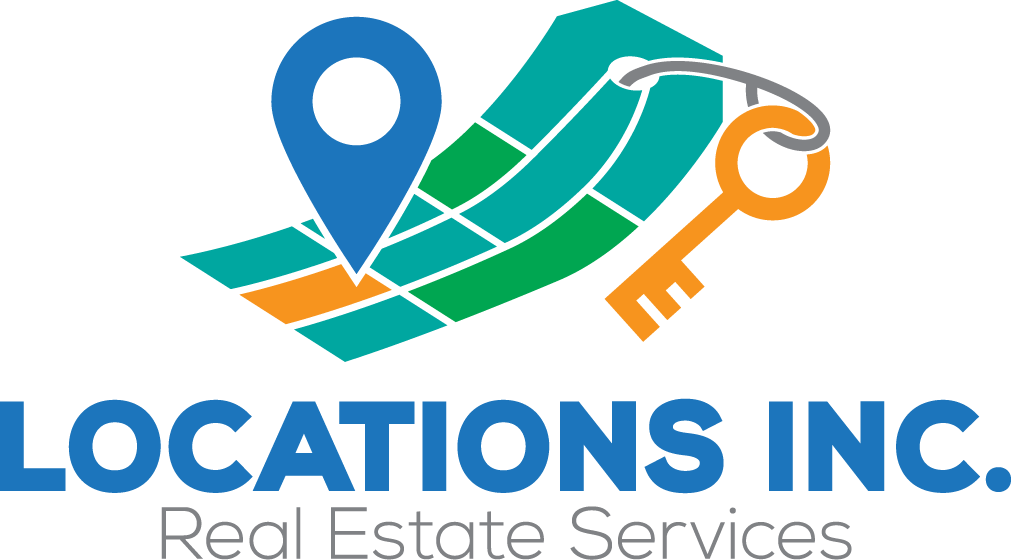Tips for First Time Home Buyers
Important Points to Remember:
A first-time homebuyer is defined as someone who hasn't owned a home before or hasn't owned one in recent years.
First-time homebuyer programs provide access to loans with low down payments and favorable terms.
Purchasing a new home entails various steps, including securing financing and negotiating with sellers. A reliable real estate agent is instrumental in guiding you through this process.
Homeowners should consistently review their mortgage as economic conditions fluctuate, and allocate funds for ongoing maintenance and repairs.
Challenges of being a first-time homebuyer
Buying a new house is an exciting journey, but let's be real, it comes with its fair share of challenges. Here's what you need to brace yourself for:
Keep cash handy: As a first-time buyer, you'll need a good chunk of cash at your disposal. Down payments can easily hit five figures, and closing costs? Well, they can be as much as 6 percent of your mortgage. So, make sure your piggy bank is ready!
Get your paperwork game on: If you're financing your dream home, get ready to do some paperwork diving. Your lender will want to see your financial life story, from bank statements to tax returns. Oh, and if Aunt Susan is pitching in for your down payment, you'll need a heartfelt gift letter from her too!
Budget for life as a homeowner: Say goodbye to calling the landlord for repairs and get ready to budget for the joys (and expenses) of homeownership. From property taxes to insurance and those sneaky HOA fees, it's all part of the package.
Manage the stress rollercoaster: Buying a house is a wild ride, and it's okay to feel overwhelmed. There'll be moments of anticipation and nail-biting as you wait for responses and approvals. But hey, remember, you're not alone in this. Take a deep breath, grab a cup of tea, and let's tackle this together!
Simplified Step-by-step process homebuyers guide:
Step 1: Assess Your Finances
Before diving into homeownership, ensure your finances are in order. Check your credit score, evaluate your budget, and assess your ability to make a down payment and cover closing costs. Remember, a higher credit score can secure better loan terms.
Step 2: Choose Your Mortgage Type
Decide between fixed-rate and adjustable-rate mortgages. Fixed-rate loans offer stability, while adjustable-rate mortgages may save money initially. Consider your loan term, too, whether 15 or 30 years.
Step 3: Compare Mortgage Quotes
Gather quotes from at least three lenders to find the best deal. Focus not just on interest rates but also on fees and overall costs. Remember, your rate won’t be final until you lock it in with the lender.
Step 4: Get Preapproved for a Mortgage
Get preapproved for a mortgage to show sellers you're serious. Gather financial documents, like pay stubs and tax returns, and be prepared for a thorough review of your finances.
Step 5: Find a Real Estate Agent
Team up with a real estate agent who knows the local market. Interview multiple agents to find the right fit and start your home search.
Step 6: Begin House Hunting
Work with your agent to find homes within your budget and criteria. Attend showings, inspect neighborhoods, and review HOA documents for any prospective properties.
Step 7: Make a Competitive Offer
When you find the perfect home, act quickly. Make a competitive offer, including contingencies for appraisal and inspection. Negotiate with the seller, and be prepared for potential bidding wars.
Step 8: Secure Your Mortgage
Once your offer is accepted, apply for your mortgage. Review the loan estimate, negotiate fees, and consider paying for mortgage points to lower your rate.
Step 9: Schedule a Home Inspection
Hire a qualified home inspector to assess the property's condition. Attend the inspection, review the report, and address any major issues with the seller.
Step 10: Finalize Your Move and Close
Obtain homeowners insurance, plan your move, and prepare for closing day. Sign the necessary paperwork, transfer ownership, and celebrate becoming a homeowner!
What Comes Next for New Homeowners
Transitioning into homeownership marks the beginning of a new chapter, but it also entails ongoing responsibilities. Here's what you should consider once you've settled into your new home:
First, take stock of your home and contemplate any improvements or repairs you'd like to undertake. Begin setting aside funds for these projects, as well as for unforeseen maintenance issues that may arise.
Keep a close watch on the housing market and mortgage rates. If home values are appreciating, you might explore options like cash-out refinancing or utilizing home equity through a HELOC or home equity loan. Conversely, if interest rates have decreased, refinancing at a lower rate could offer significant savings. However, it's crucial to carefully evaluate the benefits and drawbacks of each option before proceeding.
Depending on changes in your financial situation and loan terms, reassessing your mortgage payment schedule might be worthwhile. Exploring strategies like making extra payments or accelerating your mortgage payoff could align with your long-term financial goals. Before implementing such measures, consult your lender to ensure a clear understanding of how additional payments will be applied and to avoid any potential penalties for early payment.

